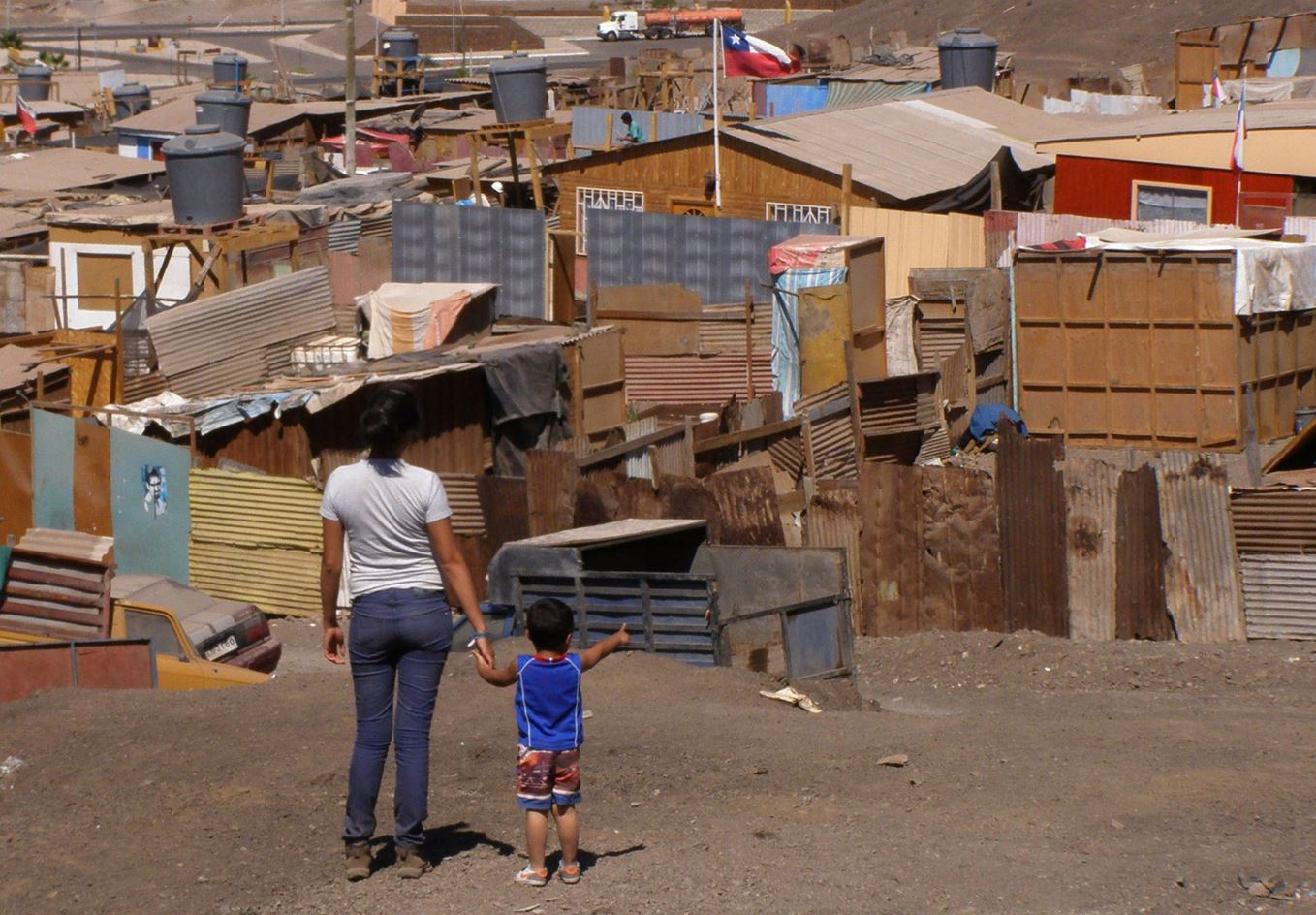Poverty in Chile reached an unprecedented 2.1% of the population in 2021 due to state support and pension withdrawals.
The World Bank believes it will reach 10.5%, levels that could be maintained in 2023.
A report published by the World Bank showed that Chile and Peru would be the countries with the highest poverty rates due to the pandemic.
However, the World Bank forecasts that poverty in Chile will increase to 10.5%, which could be maintained in 2023.

“The temporary gains in poverty reduction thanks to the massive cash transfers implemented in 2021 will recede in 2022,” the entity cited.
According to data from the international organization, poverty in Chile in 2017 stood at 7.5%, climbing to 8% in 2020.
By 2021, it would have reached an unprecedented 2.1% of the population due to state support and pension withdrawals.
The economist William Díaz rightly associates this greater injection of liquidity to the current context, assuring that it is a phenomenon that had been anticipated.
For his part, the economist and academic of the Universidad Adolfo Ibáñez, José Pablo Arellano, made an x-ray of the country’s situation to date, indicating that next year will be decisive to see whether the inflationary crisis begins to ease or not.
One of the main axes of the Budget Law 2023 is social protection, considering an increase of 32.3% in the program related to poverty.
Alejandro Alarcón, professor of macroeconomics at the University of Chile, called for a greater contraction of public spending.
“Here, we have to start cutting all spending that does not mean an improvement in the situation of the poor,” he said.
“You don’t get anything out of trying to alleviate the situation with subsidies if that will cause more inflation. It’s like putting money in one pocket for the poor and then taking it out of another,” he concluded.
With information from BBCL

